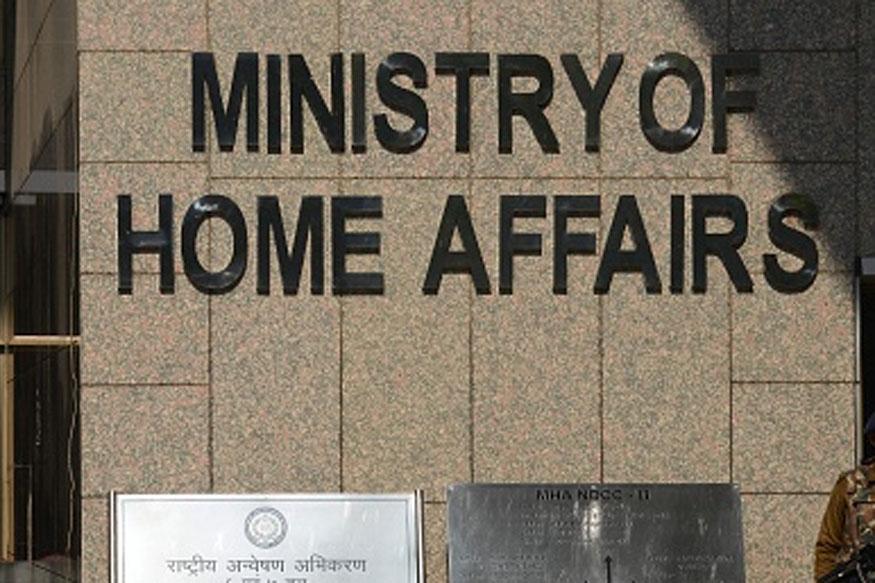What is Electoral Bond? What are its Benefits?-Explained Briefly In Terms of Banking

What is Electoral Bond? What are its Benefits?-Explained Briefly In Terms of Banking
Dear Bankers daily Aspirants,
Today we are going to see briefly about Electoral bonds and its importance. Because this Electoral bond scheme is announced in this financial budget to make the transactions transparent among the Political parties to control corruption and Black money.

What is Electoral Bond?
Electoral Bond is a financial instrument for making donations to political parties. These are issued by Scheduled Commercial banks upon authorisation from the Central Government to intending donors, but only against cheque and digital payments (it cannot be purchased by paying cash). These bonds shall be redeemable in the designated account of a registered political party within the prescribed time limit from issuance of bond.
- Electoral Bonds will be issued by a notified bank for specified denominations, If you are keen to donate to a political party, you can buy these bonds by making payments digitally or through cheque. Introduced in Budget 2017-2018.
- You are then free of gift the bond to a registered political party.
- The party can convert these bonds back into money via their bank accounts, the bank account used must be the one notified to the election commission and the bonds may have to be redeemed within a prescribed time period.
- The bonds will likely be bearer bonds and the identity of the donor will not be known to the receiver.
- Nearly 70 percent of the Rs, 11,300 crore in party funding over an 11 year from unknown sources, according to the association for Democracy.
- To fix this, the budget 2017 has reduced the disclosure limit to Rs, 2000 at any amount over this must be paid through cheque or the digital mode.
- The idea of introducing electoral bonds is that it will prompt donors to take banking route to donate with their identity captured by the issuing another.
- There are no precedents of Electoral bond in other countries.
Political Party Funding In India:

Political Party Funding in India is dealt with through four legislations
- Representation of the people Act(RPA) 1951,
- IT Act,
- Companies Act,
- Foreign Contribution (Regulation) Act (FCRA).
Under these laws, Political parties have to declare in their profit and loss (P & L) statement, break-up of political donations. Also, a company must be at least 3 years can contribute to a party. Its contribution cannot be more than 7.5% of its average for the preceding years.
The roll out of Electoral Bonds required an amendment to the RBI Act 1934, For the Representation of People Act 1951.
Benefits
- Identity of the donor is preserved
- Electoral Bonds ensure the privacy on the political Inclination of the donors.
- Transparency
- The Purchase will be possible only through limited number of notified banks and that too through cheque and digital payments only. Cash will not be encouraged. Identify of the Purchaser will thus be available with the selling Bank.
- Visibility to Election commission of India
- Donations through Electoral Bonds will only be credited in the party bank account disclosed with ECI.
Disadvantages
- Not much Improvement in transparency
A bearer bond assumes the character of the cash. Then there is no difference if political parties are funded by cash or through electoral bonds. It doesn’t improve the transparency of the funding process.
- No tax benefits.
- Dilution of the authority of RBI.
Other Reforms
- Now a day’s time of growing digitalization of Payments, Cash contribution of the political parties can be completely phased out.
- National Election Fund- Former chief Election Commissioner, TS Krishnamurthy suggested that the EC Should consider setting up of a national election Fund to check the use of Illegal money.
- Bringing of all the political parties under the ambit of RTI as public authorities.
The Government of India has notified the Electoral Bond Scheme 2018. As per provisions of the Scheme, Electoral Bonds may be purchased by a person, who is a citizen of India or incorporated or established in India. A person being an individual can buy Electoral Bonds, either singly or jointly with other individuals. Only the Political Parties registered under section 29A of the Representation of the People Act, 1951 (43 of 1951) and which secured not less than one per cent of the votes polled in the last general election to the House of the People or the Legislative Assembly of the State, shall be eligible to receive the Electoral Bonds. The Bond shall be encashed by an eligible political party only through a bank account with the authorized bank.
State Bank of India (SBI) has been authorised to issue and encash Electoral Bonds initially at its 4 Authorised Branches, as given below. The first issue of the Scheme will be opened in March 2018 in place of January 2018 for the first quarter of 2018. Accordingly, the first sale of Electoral Bonds will commence from 01st March 2018 for a period of 10 days i.e. up to 10th March 2018.
It may be noted that Electoral Bond shall be valid for fifteen days from the date of issue and no payment shall be made to any payee Political Party if the Bond is deposited after expiry of the validity period. The bond deposited by any eligible political party to its account shall be credited on the same day.
Click below for Previous article:




